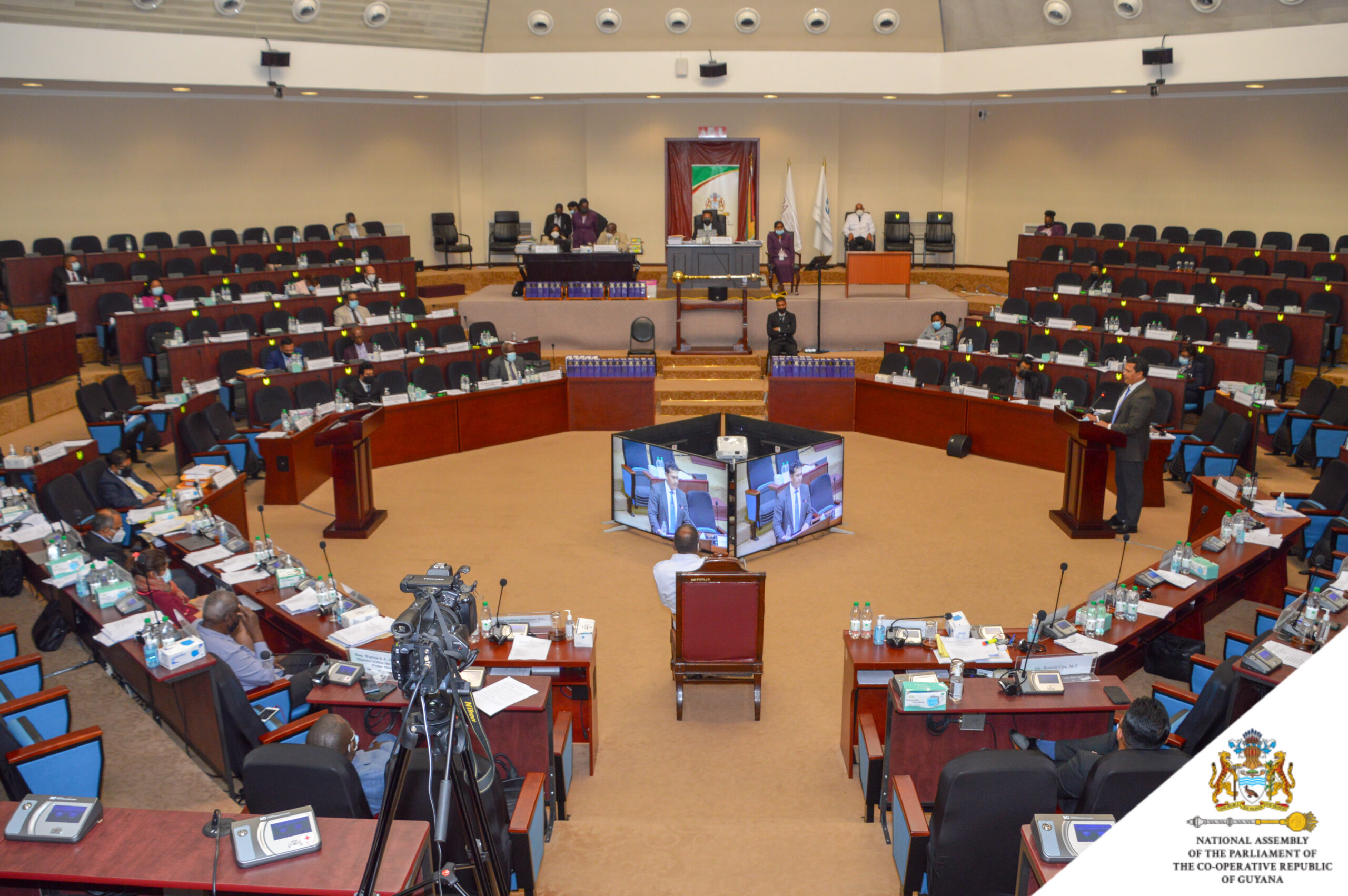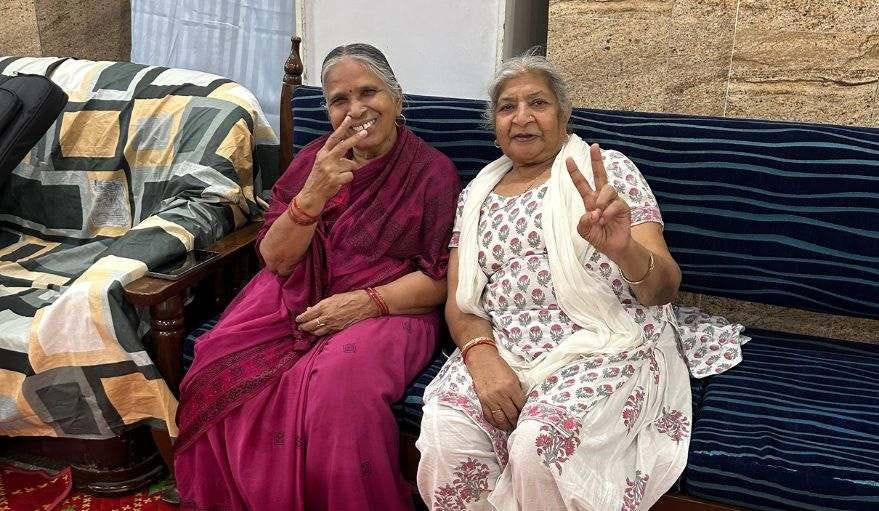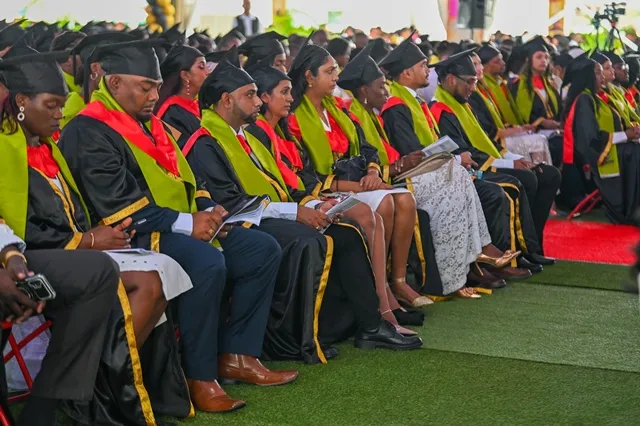A rare display of disunity unfolded in Guyana’s Parliament on May 24 when opposition lawmakers staged a walkout during a vote affirming Guyana’s sovereignty over the disputed Essequibo region. The motion, introduced by Foreign Minister Hugh Todd, condemned Venezuela’s planned local elections in Essequibo—defying a May 1 ruling by the International Court of Justice (ICJ) that barred any such move.
Despite the boycott, the government’s motion passed unanimously among present MPs. However, the opposition’s walkout marked the first time in memory that Guyanese leaders failed to present a united front on this critical territorial issue.
Opposition Leader Aubrey Norton accused the PPP/C administration of crafting the resolution unilaterally and ignoring suggestions from APNU+AFC. Norton called the government “a hopeless bunch depending on the ICJ” and argued that true sovereignty defense required more than “press releases and court filings.” After failing to delay the vote, Norton led his party out of the chamber—an act condemned by government MPs as “shameful.”
The government promptly passed Resolution No. 83 of 2025, reaffirming the 1899 Arbitral Award that defined Guyana’s borders and calling Venezuela’s actions “illegal and void.” The resolution was dispatched to international bodies, including the UN and CARICOM.
President Ali labeled the walkout “unpatriotic grandstanding,” while Prime Minister Phillips emphasized that “there is no such state in Guyana” as what Caracas intends to vote for. Even traditionally critical voices, like the Guyana Human Rights Association, criticized the opposition’s decision to abandon unity on such a pivotal issue.
Analysts suggest the opposition miscalculated. Not only did they appear disloyal on a national security matter, but their internal disunity has weakened their narrative heading into September’s general elections. Bharrat Jagdeo, PPP General Secretary, swiftly used the moment to underscore the ruling party’s patriotism: “Guyanese saw clearly who stood up for our country and who walked away.”
Internationally, the motion bolstered Guyana’s legal and diplomatic position. CARICOM applauded the resolution and subtly rebuked the lack of parliamentary unity. The U.S. Embassy emphasized the need for bipartisan support when defending sovereignty.
As Guyana prepares for elections, the Essequibo issue remains politically potent. For now, Resolution 83 stands not just as policy, but as a symbol—of resolve, and of a fragmented opposition that may pay the price at the polls.
Sources: Hansard of National Assembly; CMC News; OilNOW
- Entrepreneurship in Guyana: A Catalyst for Inclusive Growth Backed by Government Action
- Nationwide Tertiary Access: Delivering on the Promise of Free Education in Guyana
- Guyana Launches One Health Project in Fight Against Future Pandemics
- Nationwide Joint Services Bonuses Fully Restored: A Milestone in Guyana’s Public Service Support




